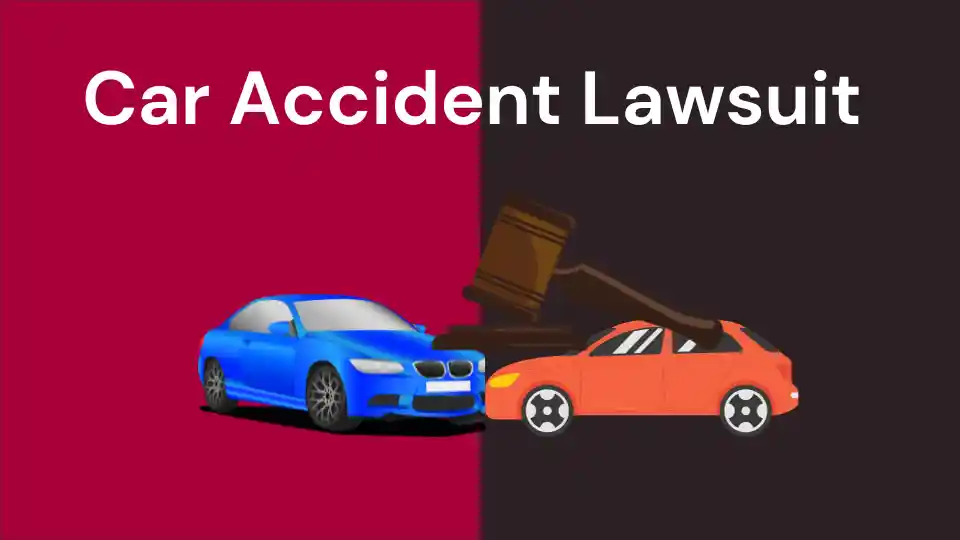The Statute of Limitations for Filing a Car Accident Lawsuit – What You Need to Know
Car accident victims can recover compensation for their crash-related losses by filing a lawsuit. However, they must do so within a specific time limit known as the statute of limitations.
This deadline applies to most personal injury claims but can differ for wrongful death cases and other exceptions. Contact a car accident lawyer today to determine if your case has a short statute of limitations.
What is a Statute of Limitations?
The statute of limitations is a law that dictates the period you have to bring a lawsuit against the negligent driver who caused your accident. This legal deadline varies by state. For example, in New York, you have three years to file a personal injury lawsuit and two years to bring a wrongful death lawsuit. You must follow the statute of limitations to ensure your case is accepted, regardless of its merits.
However, there are several exceptions to the statute of limitations rules that a car accident lawyer could explain to you in more detail. For example, if you are a minor, the statute of limitations will run once you reach 18. Also, some severe accidents leave victims incapacitated and unable to take legal action independently. In these situations, the statute of limitations may be tolled until the victim becomes capable again.
How Long Do I Have to File a Lawsuit?
Your state’s specific statute of limitations may differ depending on who the at-fault party is. For example, a lawsuit against a private individual will generally be subject to a three-year countdown, while a claim against a municipality typically has a much shorter deadline. A qualified car accident attorney can review your case and advise you of the applicable time frame for filing a personal injury lawsuit. Read more about how they can help.
The longer a victim waits to file a lawsuit, the more likely evidence will be lost or destroyed. Additionally, witnesses may need to remember important details, and physical evidence can degrade over time.
Fortunately, several exceptions to the statute of limitations can extend a plaintiff’s time to file a lawsuit. For instance, if the injured person is under 18 or has a mental disability, the deadline may be shortened. Other exceptions may apply when the defendant leaves the state, and a lawyer can explain how the law applies in your case.
What if I Missed the Statute of Limitations?
New York law requires a car accident victim to file a legal claim within a certain period. This statutory deadline is not flexible; missing it by even a day could be fatal to your claim.
However, extending the statute of limitations is possible under certain circumstances. For example, victims who are minors at the time of the accident can delay starting the three-year clock until they turn 18. In addition, people who are legally disabled and not of sound mind at the crash may have the statute of limitations tolled until they are declared sound mind again.
Unfortunately, attorneys and clients sometimes miss the statute of limitations due to negligence or misunderstanding the law. This can include forgetting to file the proper paperwork, misplacing files, or assuming that a statute of limitations has already begun running. An experienced attorney can help you understand the specific timeline for your case and advise you about potential deadline extensions.
Can I Still File a Lawsuit?
The statute of limitations may have passed, but there are a few ways you can still file a car accident lawsuit. However, the more time passes after your crash, the more evidence may disappear. Witnesses must remember key details, physical artifacts like tire marks fade, and public records need to be found.
Even if you miss your statute of limitations, an experienced car accident lawyer can help you. However, it would help if you spoke with an attorney as soon as possible after your crash so you can discuss the specifics of your case.
In addition, your insurance company may have its deadlines and procedures you must follow. For example, if you want to apply for no-fault benefits, you must do so within 30 days. These benefits can cover some of your medical bills and a portion of your lost wages. These benefits may not have a statute of limitations, but they must be submitted within this window, or you will be disqualified.







